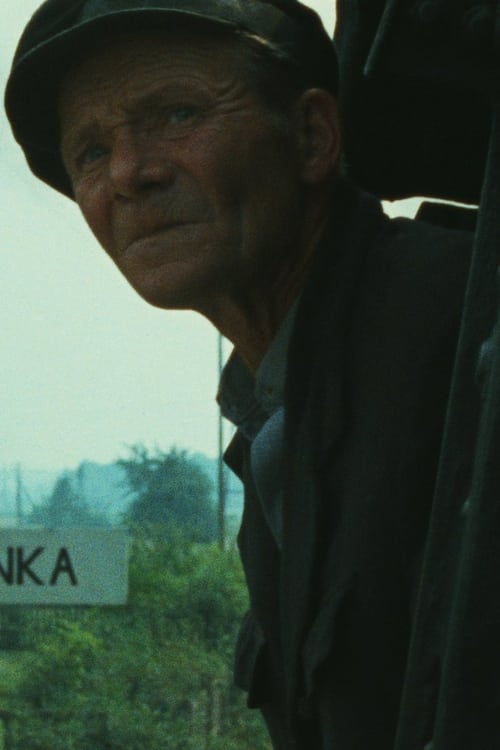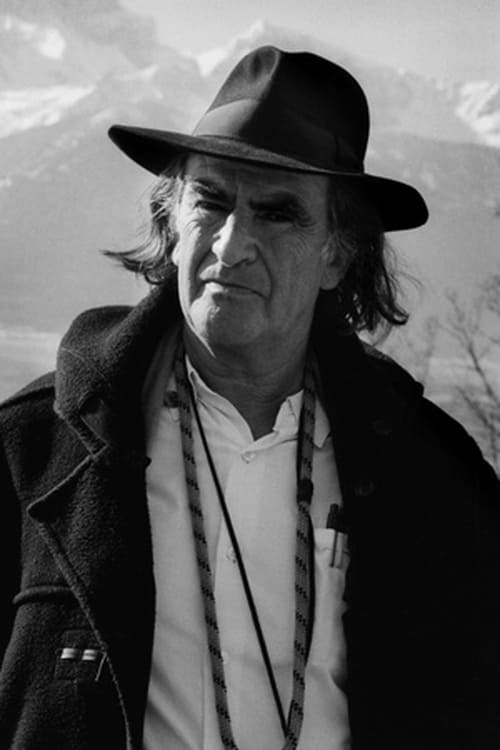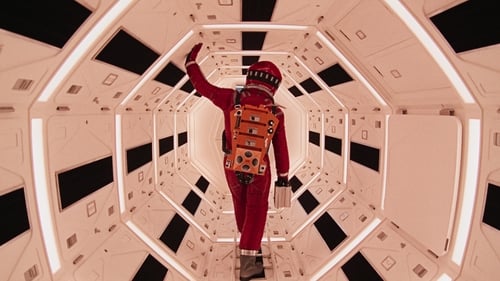Shoah (1985)
Genre : Documentary, History
Runtime : 9H 26M
Director : Claude Lanzmann
Synopsis
Claude Lanzmann directed this 9½ hour documentary on the Holocaust without using a single frame of archive footage. He interviews survivors, witnesses, and ex-Nazis (whom he had to film secretly since they only agreed to be interviewed by audio). His style of interviewing, by asking for the most minute details, is effective at adding up these details to give a horrifying portrait of the events of Nazi genocide. He also shows, or rather lets some of his subjects show, that the anti-Semitism that caused 6 million Jews to die in the Holocaust is still alive and well in many people who still live in Germany, Poland, and elsewhere.
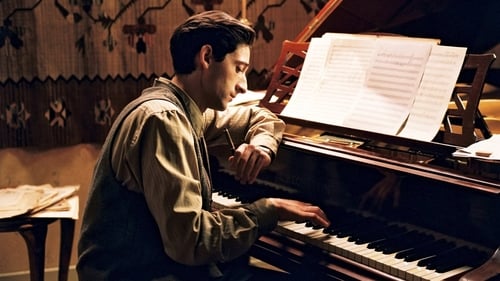
The true story of pianist Władysław Szpilman's experiences in Warsaw during the Nazi occupation. When the Jews of the city find themselves forced into a ghetto, Szpilman finds work playing in a café; and when his family is deported in 1942, he stays behind, works for a while as a laborer, and eventually goes into hiding in the ruins of the war-torn city.
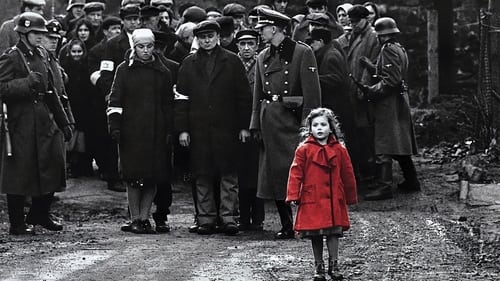
The true story of how businessman Oskar Schindler saved over a thousand Jewish lives from the Nazis while they worked as slaves in his factory during World War II.
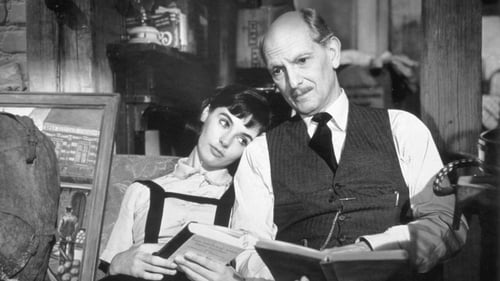
The true, harrowing story of a young Jewish girl who, with her family and their friends, is forced into hiding in an attic in Nazi-occupied Amsterdam.
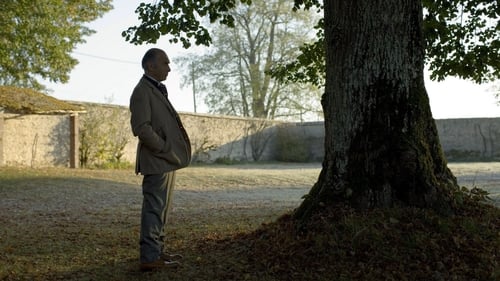
When Frédérick, the patriarch of the Alsatian Muller family, is conspicuously absent from his son Charles' funeral, Frédérick's surviving son and his granddaughter, raw from their loss, await an explanation. Once revealed, Frédérick's reasons and the painful secret Charles harbored for years threaten the foundations of the entire family.

A filmmaker and his siblings research the experiences of their late father, who survived the Holocaust during World War II.

The story of a retired music professor, Misha Brankov, who under unusual circumstances discovers his true origins. At the place where once stood a Nazi concentration camp for Jews during World War II, a metal box filled with documents is found. It was buried by an inmate Isaac Weiss in the year 1941. The professor finds out that his real parents, the Weiss's, gave him away to their friends, the Brankovs, just before they were taken into the camp. Inside the box there is an unfinished musical score, called "When day breaks", composed by the inmate Isaac Weiss. Searching for the truth about himself and his origins, Misha discovers the little-known truth about Judenlager Semlin camp, one of the worst Nazi execution sites in the heart of contemporary Belgrade. At the same time, the professor's obsession is to complete the composition, started by his father, and to perform it on the site of the former camp... which he, after many vicissitudes, finally succeeds.

A Jewish doctor helps a political fugitive during the Nazi occupation of Czechoslovakia.

Standing near the Western Wall in Jerusalem Avner says: 'This is the moment when I claim victory over the Nazis'. Two brothers, three mothers - a saga shrouded in fog for almost six decades - the unique narrative of a voyage tracing the roots of a shadowy past. Brothers Avner and Itzik live in Israel. As toddlers, their lives were saved first by their aunt, later by another young woman. Their past included three women who would become their mothers. But all this remained hidden - even from close family and friends. Now 70 year-old, Itzik and Avner journey into that past, seeking their true identity to piece together the incredible story of their survival.
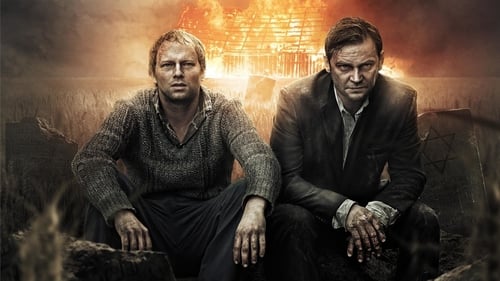
Two brothers are trying to find out the truth from years ago. The whole town is against them.

A documentary short film about the genocide at the Jasenovac concentration camp in Croatia in World War II.

Poland, during World War II. Martha Weiss, a Jewish woman, arrives at the Auschwitz extermination camp with her family. She is assigned the role of interpreter, but her loved ones are much less fortunate.

Natan tells the remarkable story of Bernard Natan, a Romanian immigrant who came to Paris in 1905 and was involved almost immediately with French cinema. He took control of the Pathe film group in the late 1920s and went on to produce epic films such as Les Miserables. But Natan has become largely written out of French film history for various different reasons. I will not go into details here as the story is an excellent one, suffice to say that his ethnicity and subsequent rumours plagued Natan almost from the start of his career. His ‘comeuppance’ for his alleged transgressions is at the heart of this devastating documentary.

Knocking opens the door on Jehovah's Witnesses. They are moral conservatives who stay out of politics and the Culture War, but they won a record number of court cases expanding freedom for everyone. They refuse blood transfusions on religious grounds, but they embrace the science behind bloodless surgery. In Nazi Germany, they could fight for Hitler or go to the concentration camps. They chose the camps. Following two families who stand firm for their controversial and misunderstood Christian faith, KNOCKING reveals how one unlikely religion helped to shape history beyond the doorstep.
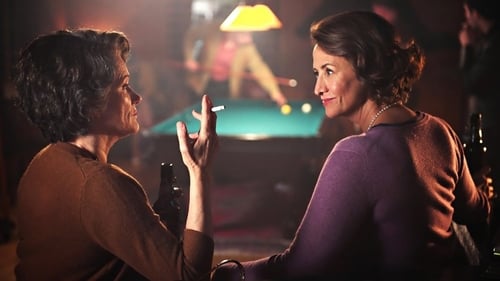
HANNAH ARENDT is a portrait of the genius that shook the world with her discovery of “the banality of evil.” After she attends the Nazi Adolf Eichmann’s trial in Jerusalem, Arendt dares to write about the Holocaust in terms no one has ever heard before. Her work instantly provokes a furious scandal, and Arendt stands strong as she is attacked by friends and foes alike. But as the German-Jewish émigré also struggles to suppress her own painful associations with the past, the film exposes her beguiling blend of arrogance and vulnerability — revealing a soul defined and derailed by exile.

The mass murder of Jewish people by the Nazi regime is chronicled, with a warning that anti-Semitism is on the rise and the events of the Holocaust could happen again. The history of European Jewish culture and events before and during the Holocaust are seen in newsreels, photographs, and animated segments. The words of the victims of the era are read, and footage from the liberation os a concentration camp is shown.

Henryk Greenberg is a Polish-born American who lost much of his family in the Holocaust. Certain of the location where his father and younger brother were murdered, Greenberg returns to find most of his former neighbors predictably claiming foggy memories at first; but soon their recollections come more easily.

Mr. Mermelstein (Leonard Nimoy) and Mrs. Mermelstein (Blythe Danner) a true-life California couple, thrown into the spotlight of judicial history in the 1980s. He is a Hungarian-born Jew, sole-survivor of his family's extermination at Auschwitz, and she is a Southern Baptist from Tennessee. Their four children are good kids, typical Americans, with just enough orneriness to irritate each other, but enough love and class to pull together when it counts. When challenged by a hate group to prove that Jews were actually gassed at Auschwitz, Mel Mermelstein rises to the occasion with the support of his wife and children, in spite of the dangers to himself, his business, and his family. William John Cox (Dabney Coleman) provides legal help (pro bono) as a lawyer, originally a Roman Catholic from Texas.
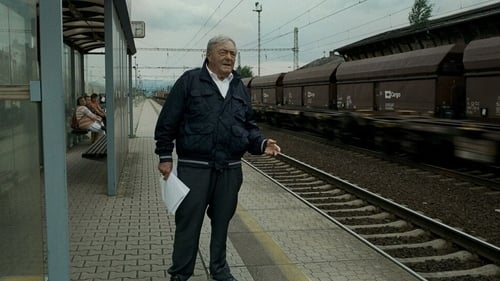
A place: Theresienstadt. A unique place of propaganda which Adolf Eichmann called the "model ghetto", designed to mislead the world and Jewish people regarding its real nature, to be the last step before the gas chamber. A man: Benjamin Murmelstein, last president of the Theresienstadt Jewish Council, a fallen hero condemned to exile, who was forced to negotiate day after day from 1938 until the end of the war with Eichmann, to whose trial Murmelstein wasn't even called to testify. Even though he was without a doubt the one who knew the Nazi executioner best. More than twenty-five years after Shoah, Claude Lanzmann's new film reveals a little-known yet fundamental aspect of the Holocaust, and sheds light on the origins of the "Final Solution" like never before.

Documentary that follows the lives of several Jewish refugees who fled to Shanghai during WWII.
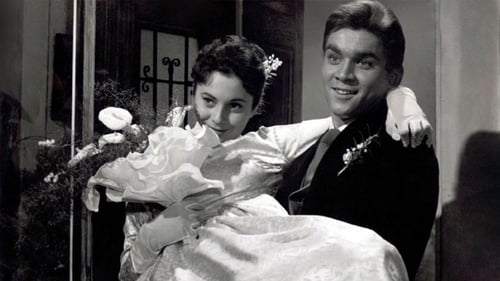
In order to save a friend's daughter, a 17-year-old Jewish girl, from the Ustashas, the Croatian family arranges her to be wed to their son Ivo.



